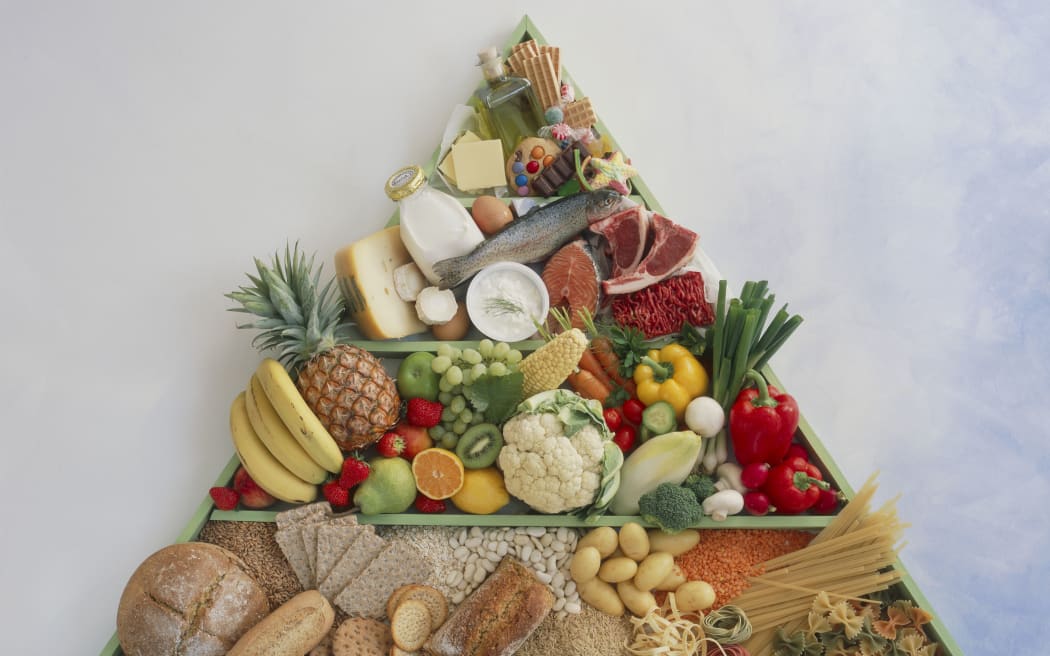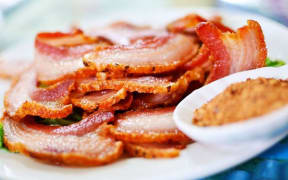Dieting fads and self-diagnosed intolerances are dramatically altering the consumption of grains and legumes in New Zealand, according to a survey.

Photo: SCIENCE PHOTO
The Grain and Legumes Nutritional Council surveyed 500 people aged from two to 70 for the study, which compared New Zealanders' eating habits with those of people across the Tasman.
The survey found a dramatic change in New Zealanders' attitudes and consumption since similar information was collected in 2011.
"New dieting fads such as the low-carb high-fat diet, the paleo diet and a mainstream shift to gluten-free diets appear to support a desire for lower grain consumption," Foundation for Arable Research chief executive Nick Pyke said.
The paleolithic, or paleo, diet is based on the food that is believed to be similar to the daily diet of cave people.
"The paleo movement has seriously damaged the reputation of grains in the food industry. Even though diets like paleo are nearly impossible to sustain, the belief that grains are bad for you has spread so rapidly that many consumers are reluctant to trust one of our most reliable and nutritious food sources.
"There is so much fear and confusion around what we put into our bodies that the word 'refined' has come to mean something other than 'to break down grain'.
"The apprehension towards grains and legumes inevitably effects our growers. As demand decreases, their crops are often coming second to other food alternatives."
Meanwhile, another dieting trend is helping to underpin one of New Zealand's main commodities.
While milk powder prices are down in the doldrums, butter and other milk fat product prices are strong, helped by the United States and dieting trends.
In yesterday's global dairy trade auction (GDT) butter rose by 9 percent, the most of all products, to $US3136 a tonne.




